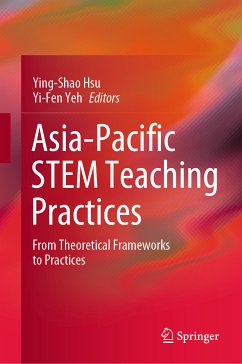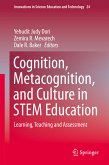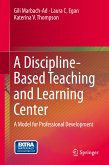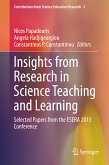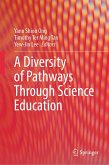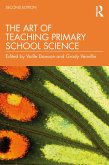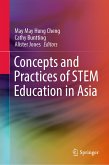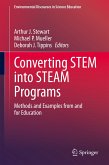This book offers various perspectives on the complex and crosscutting concepts of the science, technology, engineering, and mathematics (STEM) disciplines in the classroom context. Presenting empirical studies, it reveals how researchers in the Asia-Pacific Region planned and implemented STEM education in the classroom. Further, it discusses the assessment of STEM learning to clarify what important elements should be included and how researchers and educators frame and design assessment tools. The book consists of four parts: potential and trends in STEM education; teachers' practical knowledge for STEM teaching; STEM teaching practices; and assessment of STEM learning. Providing evidence on developing curriculums, implementing instructional practices and educating classroom teachers, it is intended for readers wanting to explore STEM education from multiple perspectives.
Dieser Download kann aus rechtlichen Gründen nur mit Rechnungsadresse in A, B, BG, CY, CZ, D, DK, EW, E, FIN, F, GR, HR, H, IRL, I, LT, L, LR, M, NL, PL, P, R, S, SLO, SK ausgeliefert werden.

